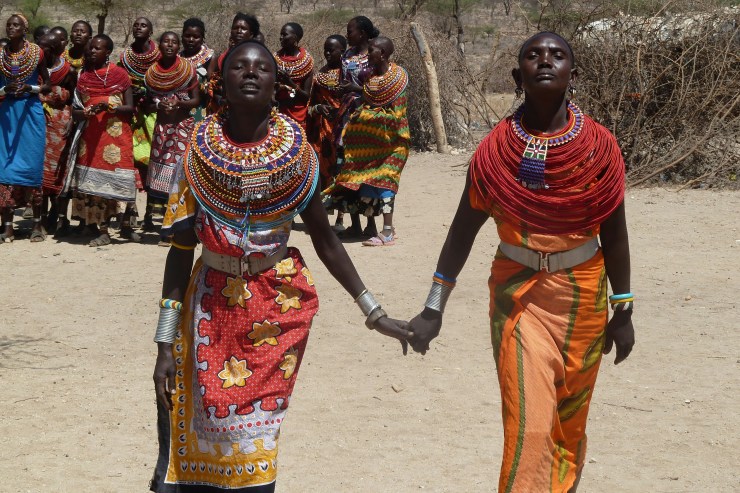
A ground-breaking study, “Silencing Women,” highlights the devastating toll of women killed by their partners or family members in Kenya from 2016 to 2023.
Femicide is the most extreme form of gender-based violence against women. It is often fuelled by gender stereotypes, harmful social norms and an unequal balance of power between men and women.
In 75% of the 500 cases the study covered, the killers were individuals known to the victims — intimate partners, relatives, or friends. Husbands or boyfriends emerged as the biggest culprits contributing to nearly two-thirds of the cases. Only about 15% of cases involved women being killed by strangers.
The murders often stem from family quarrels, with approximately 80% of homicides occurring within these confines. The analysis also indicates that femicide is often preceded by domestic violence, aligning with findings from the United Nations Office on Drugs and Crime (UNODC).
The UNODC and UN Women produced the second joint edition of a report on gender-related killings of women and girls titled “Statistical framework for measuring the gender-related killing of women and girls (also referred to as 'femicide/feminicide').” According to the report, in 2022, Africa recorded the largest “absolute number of female intimate partner and family-related killings with an estimated 20,000 victims; followed by 18,400 in Asia; 7,900 in the Americas; 2,300 in Europe; and 200 in Oceania.”
Irene Kibagendi, the executive director of the AEA Women’s Commission, reflected on the study, noting that the violence against women is turning homes, traditionally places of refuge, into unsafe spaces for women.
“The finality of this cruel and intentional act that many women and girls are experiencing is robbery to one's life, taking into account the inhumane process that causes trauma, fear, agony, psychological and physical isolation for hours or days before they are finally killed. This is quite disheartening,” said Kibagendi.
She condemns these acts and urgently calls for the government’s intervention, highlighting the apparent inadequacy of current efforts to protect women. She further lamented the role of social media in perpetuating insecurities and unrealistic expectations that often lure girls into dangerous situations.
Archbishop Jackson Ole Sapit of the Anglican Church of Kenya addressed the public outcry and called for expedited investigations into the recent and recurrent killings.
He said, “for those apprehended, we call for tough measures and they should never return to society. We call for life imprisonment and any other tough measures to ensure they are never let out to mingle with our children.”
Renowned Kenyan journalist, John Allan-Namu, speaking about the study on X (formerly Twitter), commended the work done by Odipodev and Africa Data Hub in compiling cases of femicide in Kenya from 2016 to 2023. He said that in his many years of covering femicide stories, he has found one disturbing pattern, "if there is a relationship or marriage that has a consistent pattern of abuse, it often ends up with the death of that woman.” He further observed that due to data limitations, uneven news coverage and underreporting in some regions, the numbers could be higher.
Two murders of women in January 2024 in Nairobi have made headline news and were trending social media topics in the country. The first was Starlet Wahu, who was brutally murdered in an Airbnb with CCTV footage showing her last moments as she checked into the apartment with her would-be assailant, who was later arrested.
The second case was that of Rita Waeni. Chief Government Pathologist Johansen Oduor said, “I have never seen anything like this before” while giving a press brief on the case and further confirming that Rita’s killer cut her skin with a sharp object and then cut through her bones with a hacksaw.
The creation of the "Silencing Women" database offers a resource to track femicide cases in Kenya.
The article was originally published by Christian Daily International.




